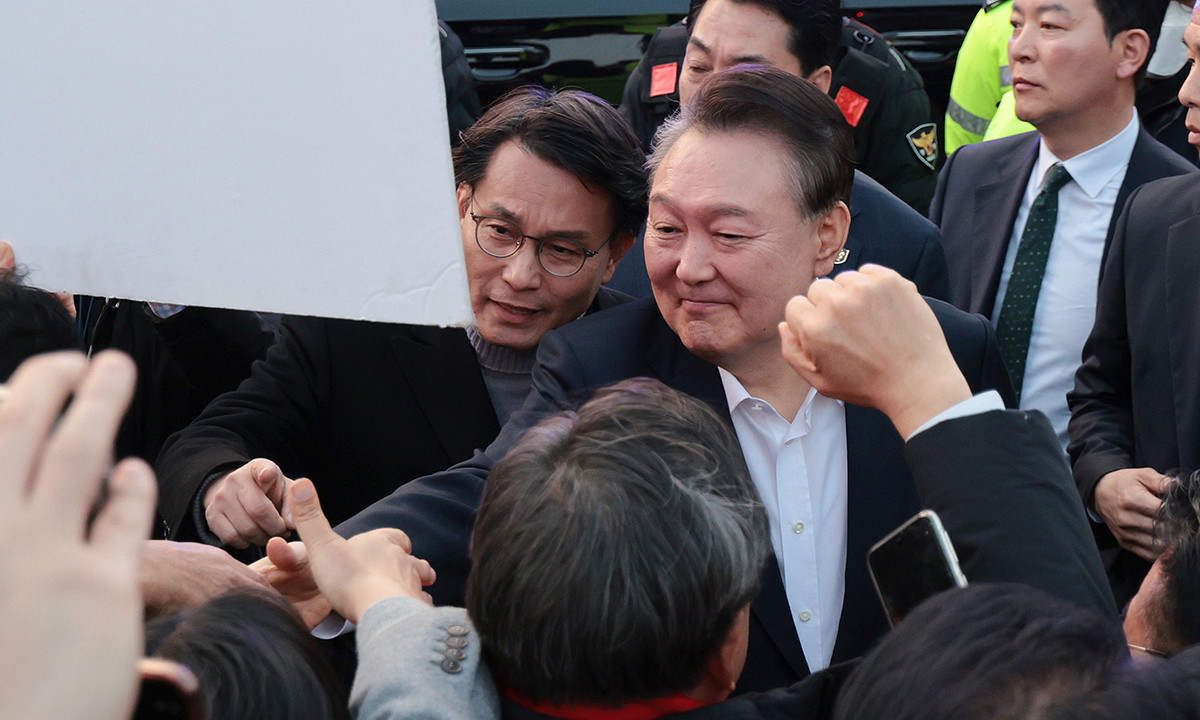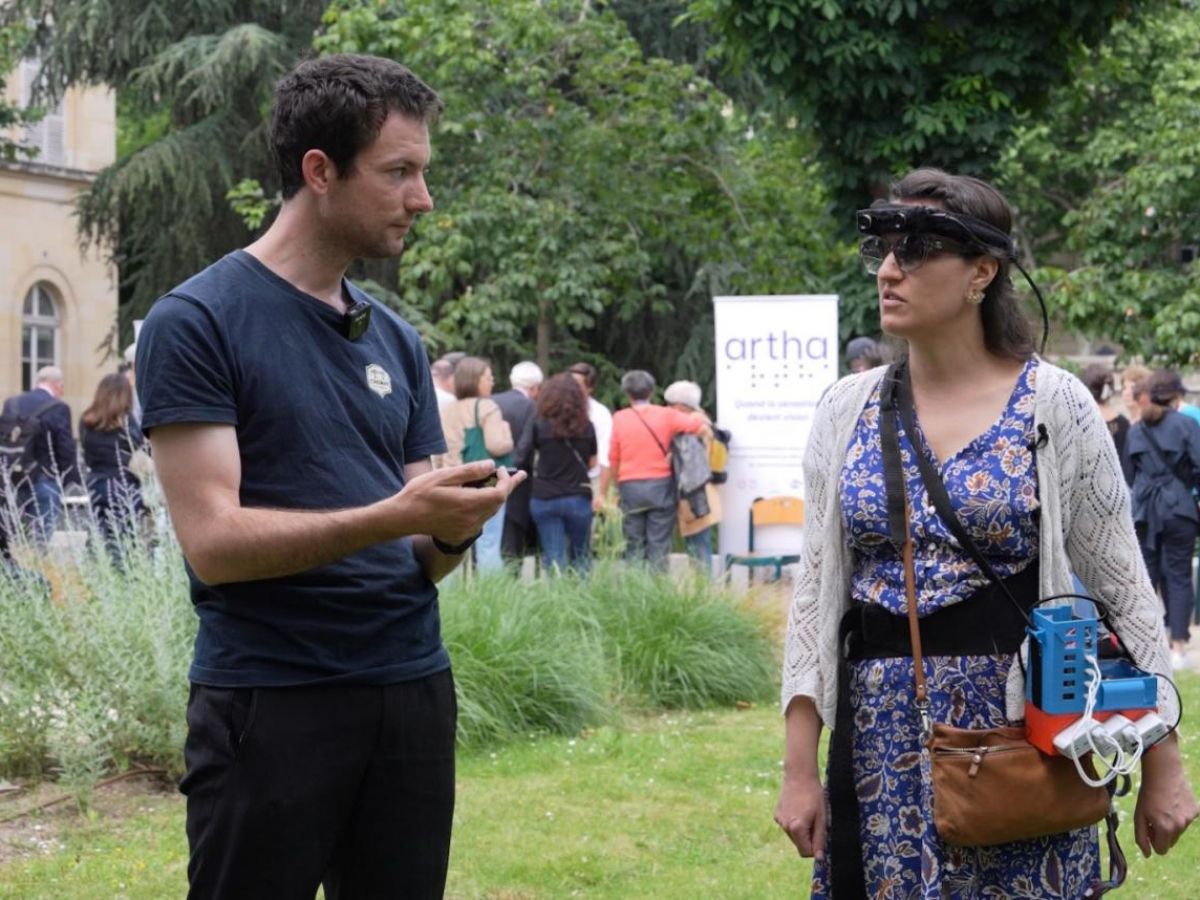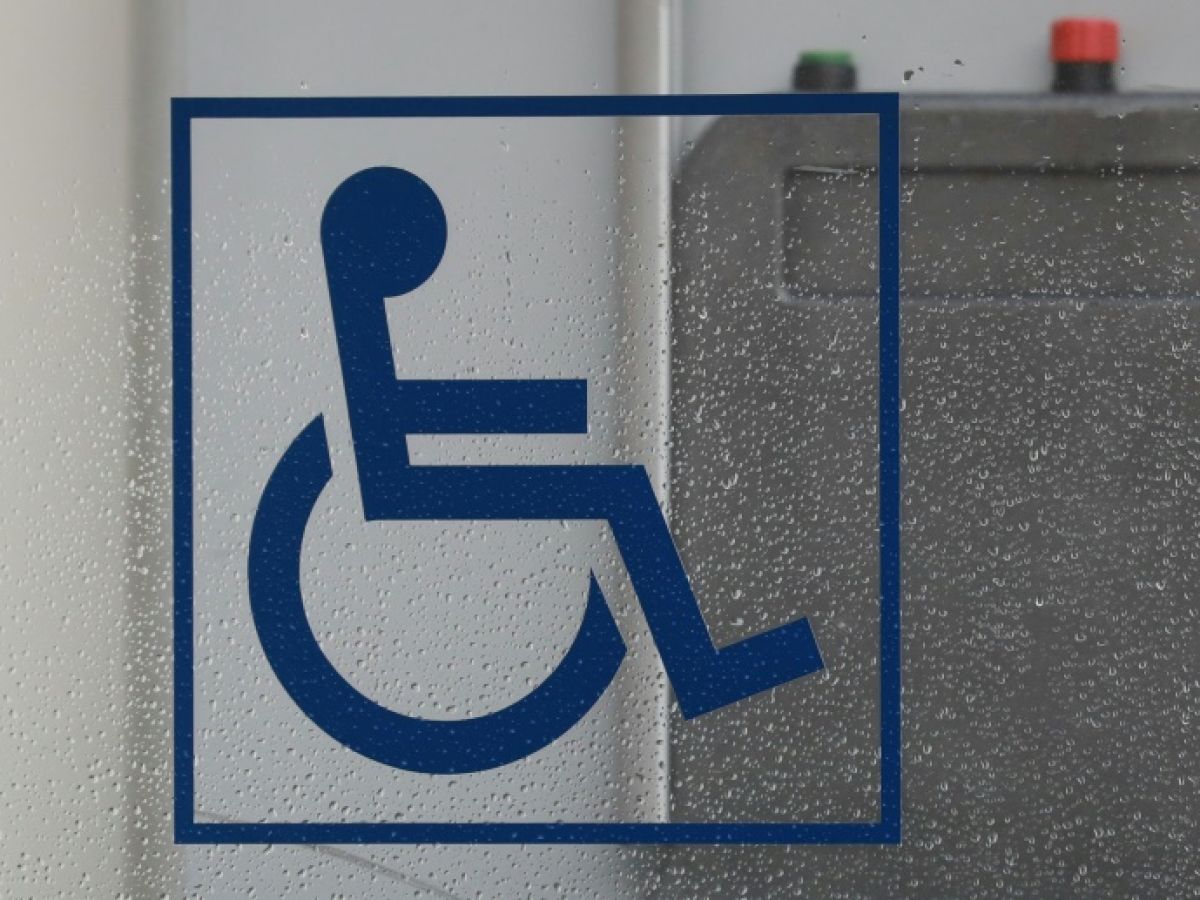As speculation mounts about the impending impeachment trial of President Yoon Seok-yeol, attention is also turning to the Constitutional Court's final decision. According to some reports, the Constitutional Court is discussing ways to reach a unanimous agreement to minimize social unrest, and there is also talk of the possibility that the impeachment proceedings could be dismissed, allowing President Yoon to return to power.
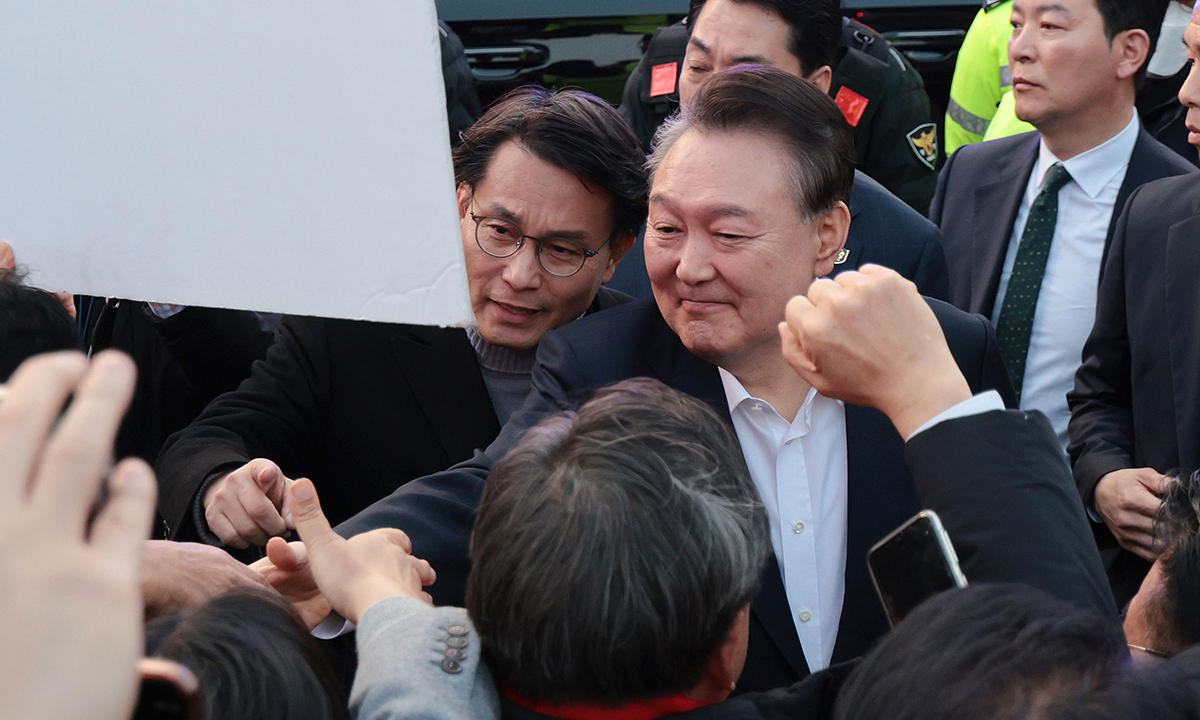
According to the legal community on the 16th, impeachment under the Constitution requires the approval of at least six justices. Currently, the justices are composed of eight members, so even if two of them dissent, President Yoon will be impeached. However, since the Constitutional Court's decision can include not only the conclusion, such as citation, rejection, or rejection, but also the individual opinions of the justices, there are different interpretations of the justices' opinions depending on the issue. Especially in situations where public opinion is extremely divided, such as in the case of the impeachment of the president, this could lead to a movement to appeal the Constitutional Court's decision based on factors such as whether the decision was unanimous or the minority opinion presented by the justices. Ultimately, the Constitutional Court not only decides whether to accept or reject, but also considers a variety of outcomes, ranging from 4 to 4 rejections to 6 to 2, 7 to 1 and 8 to 0, which correspond to acceptances.
There is an analysis that the decision is being delayed because the Constitutional Court is carefully coordinating internal opinions. Kim Seon-taek, a professor at Korea University's Faculty of Law, interpreted the situation by saying, "I think they are trying to take it slow because there are internal differences or conflicts of opinion during the presidential impeachment trial," adding, "It is also possible that they are coordinating something because their opinions do not agree."
Meanwhile, President Yoon's camp continued to highlight the procedural flaws in the impeachment process, leading up to the impeachment trial before the Constitutional Court. During the impeachment proceedings, a dispute arose over the National Assembly's withdrawal of the sedition charges, the unilateral setting of the trial date, and the probative value of the prosecution's report. There is also the view that the Constitutional Court can accept this request or reject it.
In an opinion submitted as a reference document by President Yoon's side, Professor Heo Young of Kyung Hee University's Faculty of Law and former first director of the Constitutional Court Research Institute argued that "since the withdrawal of the treason charge, which is the core of the impeachment motion, has been acknowledged, the identity of the impeachment has been lost, and since there was no resolution of the National Assembly to withdraw the grounds for the impeachment, it is illegal," and argued that it could be dismissed.
The assumption that a 4-4 dissenting vote would be expected is based on the justices' political leanings or backgrounds. In the previous impeachment trial against Chairman Lee Jin-sook of the Korean Communications Commission, all the justices considered to have progressive leanings supported the case, while the conservative justices supported the case. A moderate also joined in the rejection.
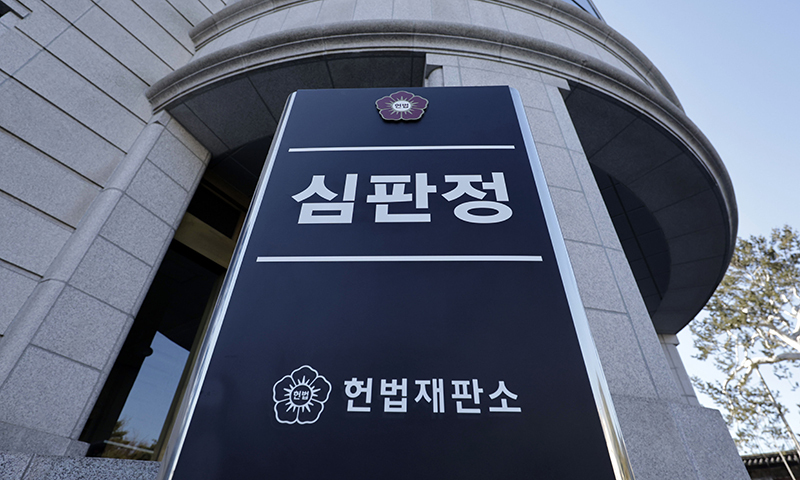
Meanwhile, most cases related to the impeachment trial, with the exception of President Lee's impeachment trial, have resulted in unanimous decisions. In the National Assembly's dispute over authority lawsuit against Acting President Choi Sang-mok over the non-appointment of Judge Ma Eun-hyeok, the National Assembly unanimously accepted the National Assembly's argument, and in the impeachment of three prosecutors, including Board of Audit and Inspection Chairman Choi Jae-hae and Seoul Central District Prosecutors' Office Chief Lee Chang-soo, the National Assembly unanimously dismissed the lawsuits.
However, in the dispute over candidate Ma's authority, Justices Jeong Hyeong-sik, Kim Bok-hyeong, and Jo Han-chang expressed separate opinions that there were procedural flaws in the request for judgment, but these were later corrected. In the impeachment trial of President Choi, Justices Lee Mi-seon, Jeong Jeong-mi, and Jeong Gye-seon each expressed separate opinions that the act of revising the order to grant the prime minister the right to request a public interest audit was illegal, but not serious enough to lead to his removal.
There is also speculation that the Constitutional Court may wait for the appointment of candidate Ma. This is because when the judges' opinions are 5 to 3, the outcome can change depending on the opinion of the new judge who joins.
Journalist An Kyung-jun eyewhere@segye.com
[ⓒ세계일보 & Segye.com, 무단전재및재배포금지]
